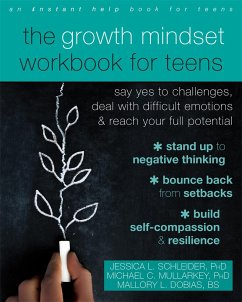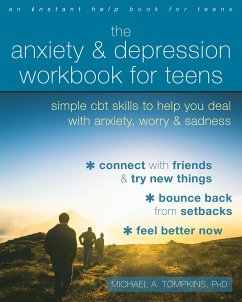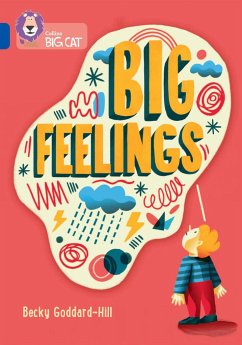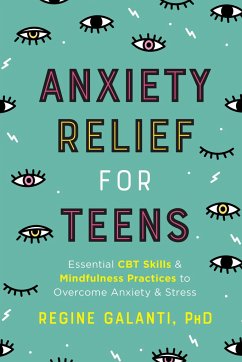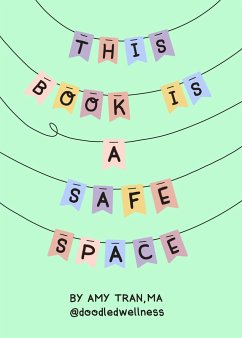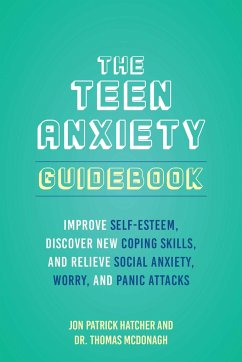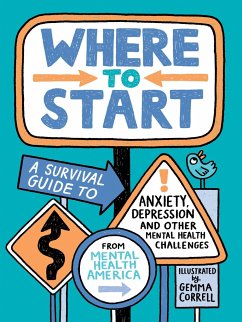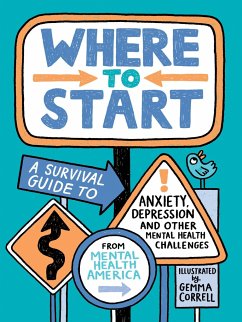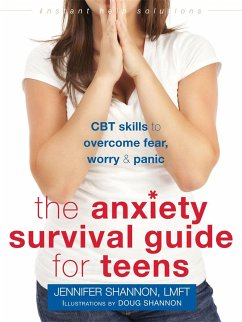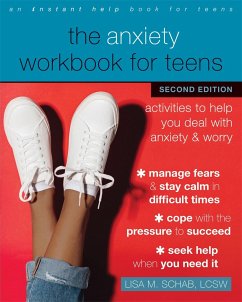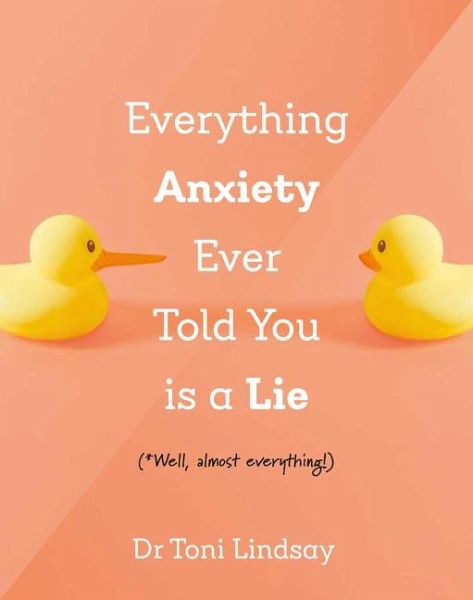
Everything Anxiety Ever Told You Is a Lie
*Well, Almost Everything!

PAYBACK Punkte
10 °P sammeln!
Written by a qualified expert, this is a guide to managing anxiety specifically for those aged 14â 25. It contains impactful strategies that can be realistically applied even in a busy and changeable time of life, on themes including managing uncertainty and identifying purpose. An essential tool for minimising anxietys impact on your life.




